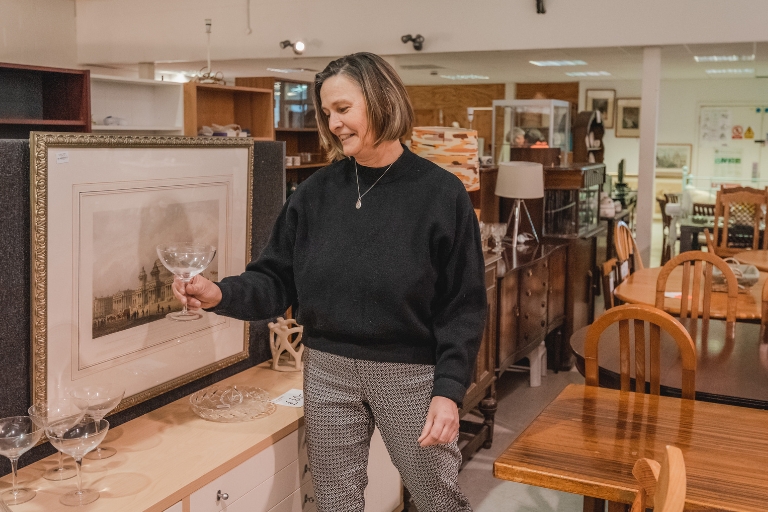The Origins of Mother’s Day
With Mother’s Day around the corner, we look back at the origins of the day, the ways it has changed, and the reason it is such a poignant reminder for many of us.
In the modern Mother’s Day blitz of cards and gifts, it is often forgotten that the event began as Mothering Sunday. It was when people who had moved away from their birth towns and villages for work, were allowed to return to their ‘Mother Church’ and visit their families.
On this annual date, employers would allow their staff time off to visit their family, which was often some distance away, and go to Sunday church followed by precious time with their loved ones.
Times have changed, as has society and, thankfully, modern conditions of employment! As less people now attend a place of worship regularly, the emphasis of Mothering Sunday has changed. Previously divided between church and family, it now recognises and celebrates the important role that mothers play in our lives.
Of course, it is not just a chance to celebrate mothers alone, but also those women and individuals who are held in high esteem by their friends and relatives, who are seen as maternal figures.
Mother’s Day can be a hard occasion for many, because the love for our mothers certainly does not end if they have died. We remember the maternal love from those special women in our lives who are no longer with us on this day, as well as those who, thankfully, are. We often can hold a deep connection to the maternal love we have received and recognise the impact that those individuals have had on our lives, and the continuing love our hearts have for them.
So, Mothering Sunday and Mother’s Day are both an opportunity to celebrate and remember. It’s a chance to appreciate the maternal love that most of us have been lucky enough to receive, while acknowledging the sacrifices that might have been made for us along the way.
The day is a poignant reminder of those special women – whether they are standing by our side or forever in our memory. We hold them in our hearts today and every day for what they willingly give, or gave, for the benefit of the children they love, or loved, so much.












